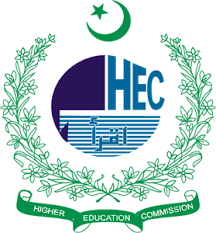Empowering Micro entrepreneurs through Islamic Finance: A Shariah-Based Model for Poverty Alleviation and Economic Inclusion in Pakistan
Keywords:
Islamic Microfinance, Poverty Alleviation, Economic Inclusion Shariah-Based Financing, Micro-Entrepreneurship in PakistanAbstract
Poverty and financial exclusion remain persistent challenges in Pakistan, particularly among rural populations and marginalized groups. Conventional microfinance, though widespread, often fails to address the socio-religious sensitivities of a predominantly Muslim society due to its reliance on interest-based mechanisms. Islamic finance, grounded in the principles of justice, risk-sharing, and the prohibition of riba (interest), offers a viable and ethical alternative. This paper explores how Shariah-compliant financial instruments can empower micro-entrepreneurs and serve as a sustainable model for poverty alleviation and economic inclusion in Pakistan.
The study examines key Islamic financial tools such as Qard Hasan (benevolent loans), Murabahah (cost-plus financing), Musharakah (partnership), and Waqf (endowment), and evaluates their applicability to micro-entrepreneurship. Drawing upon successful case studies, including the Akhuwat Foundation and other local Islamic microfinance initiatives, the paper proposes a Shariah-based framework that integrates financial access with social development.
This model emphasizes community participation, ethical governance, financial literacy, and integration with Islamic social finance instruments like Zakat and Waqf. The findings suggest that Islamic microfinance not only addresses capital needs but also upholds the dignity of the poor, promotes entrepreneurship, and aligns economic activity with moral and religious values.
The paper concludes by offering policy recommendations for regulatory support, public-private partnerships, and institutional capacity building to scale Islamic microfinance across Pakistan. It argues that empowering micro-entrepreneurs through Islamic finance is not just a financial solution, but a transformative strategy for inclusive and sustainable economic development.









